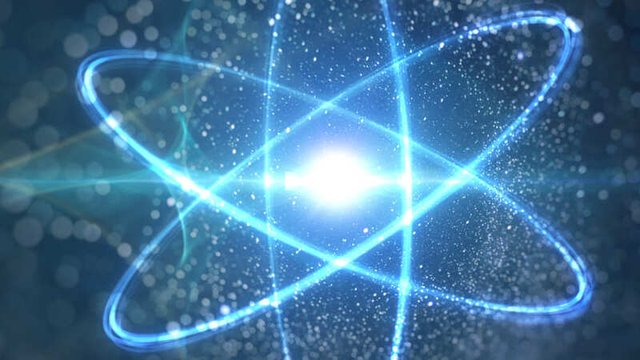
Branches of physics: What specialties are there?
Jan. 10, 2025

Physics is a dynamic and constantly evolving field, with branches that address everything from the fundamentals of matter to the mysteries of the cosmos, among many other subjects. Each of these branches offers students a different access to the labour market.
Studying the Degree in Physics at Universidad Europea will train you with a complete academic plan specialising in materials, electronic computing and data analysis among others.
Types of physics: complete list
Physics is one of the fundamental sciences in charge of explaining and understanding the laws of the universe. This broad field is divided into different branches in charge of its study. The main specialisations are listed below.
Quantum mechanics
Quantum mechanics is one of the oldest branches of physics. It studies the motion of bodies and the forces acting on them. Based on Newton's laws, it explains everyday phenomena such as the motion of automobiles, the flight of airplanes and the behaviour of projectiles.
These are some of its main applications:
- Mechanical engineering.
- Machinery design.
- Trajectory prediction in sports and ballistics.
Thermodynamics
It oversees studying the relationships between heat, energy and work. Analysing how energy is transferred and transformed in physical systems, essential to understand engines, refrigerators and chemical processes.
Applications in the working world:
- Design of heat engines and power plants.
- Refrigeration and air conditioning.
- Energy efficiency studies.
Electromagnetism
Electromagnetism deals with the interactions between electric and magnetic fields. This branch revolutionised the world with discoveries that led to technologies such as electricity, telecommunications and electronic devices.
Applications:
- Design of electrical circuits.
- Communications technology (radio, television, internet).
- Generation and distribution of electricity.
Optics
Optics studies the behaviour and properties of light, as well as its interactions with materials. From mirrors to lasers, this branch has applications ranging from astronomy to medicine.
Applications:
- Design of lenses and camera systems.
- Laser surgery and medical treatments.
- Telescopes and microscopes.
Quantum Physics
Quantum physics investigates the behaviour of particles at the subatomic level, where the laws of classical mechanics no longer apply. This field revolutionized the understanding of matter and energy.
Applications:
- Development of semiconductors and computer technology.
- Quantum cryptography.
- Study of advanced materials.
Relativity
Relativity, developed by Albert Einstein, is divided into two main theories: special relativity and general relativity. These theories explain phenomena at high speeds and in the presence of strong gravitational fields.
Applications in the working world:
- GPS technology.
- Cosmology and study of the universe.
- Prediction of trajectories of celestial bodies.
Nuclear Physics
Nuclear physics studies the properties and behaviour of the atomic nucleus. This branch is fundamental for the generation of nuclear energy and the development of medical technologies such as radiotherapy.
Occupational applications:
- Nuclear energy.
- Diagnosis and medical treatment with radiation.
- Studies on the structure of matter.
Particle Physics
This branch analyses the fundamental particles that make up matter and the forces that act between them. It is the field in which the secrets of the universe are explored through particle accelerators such as the Large Hadron Collider (LHC).
Applications:
- Research in fundamental physics.
- Development of new theories of matter and the universe.
- Derivative technologies such as PET tomography in medicine.
Astrophysics
Astrophysics studies celestial bodies and phenomena occurring in the universe, from stars and planets to black holes and galaxies among many others.
Applications:
- Space exploration and telescope development.
- Understanding the origin and evolution of the universe.
- Study of possible habitable planets.
Solid State Physics
This branch focuses on the study of solid materials and their physical properties, such as electrical and thermal conductivity. It is essential for the development of electronic devices and new technologies.
Applications:
- Development of semiconductors and transistors.
- Design of materials for electronic devices.
- Energy storage technology.
Biological Physics
Biological physics applies physical principles to understand biological processes, such as blood flow, cell mechanics, and the interaction of radiation with living tissues.
Applications:
- Development of medical diagnostic equipment.
- Modelling of biological processes.
- Biotechnology research.
Geophysics
It is one of the specialisations of physics focused on the study of the Earth, using all known physical principles. It analyses phenomena such as earthquakes, terrestrial magnetism and ocean dynamics.
Applications:
- Prediction of natural disasters and catastrophes.
- Exploration of natural resources such as oil and minerals.
- Study of climate change.
There are many specialisations that you may be interested in, each of them offering different professional opportunities in physics with a wide variety of jobs. At Universidad Europea you can access a wide variety of degrees in Science where you can find the one you like the most for the job market.